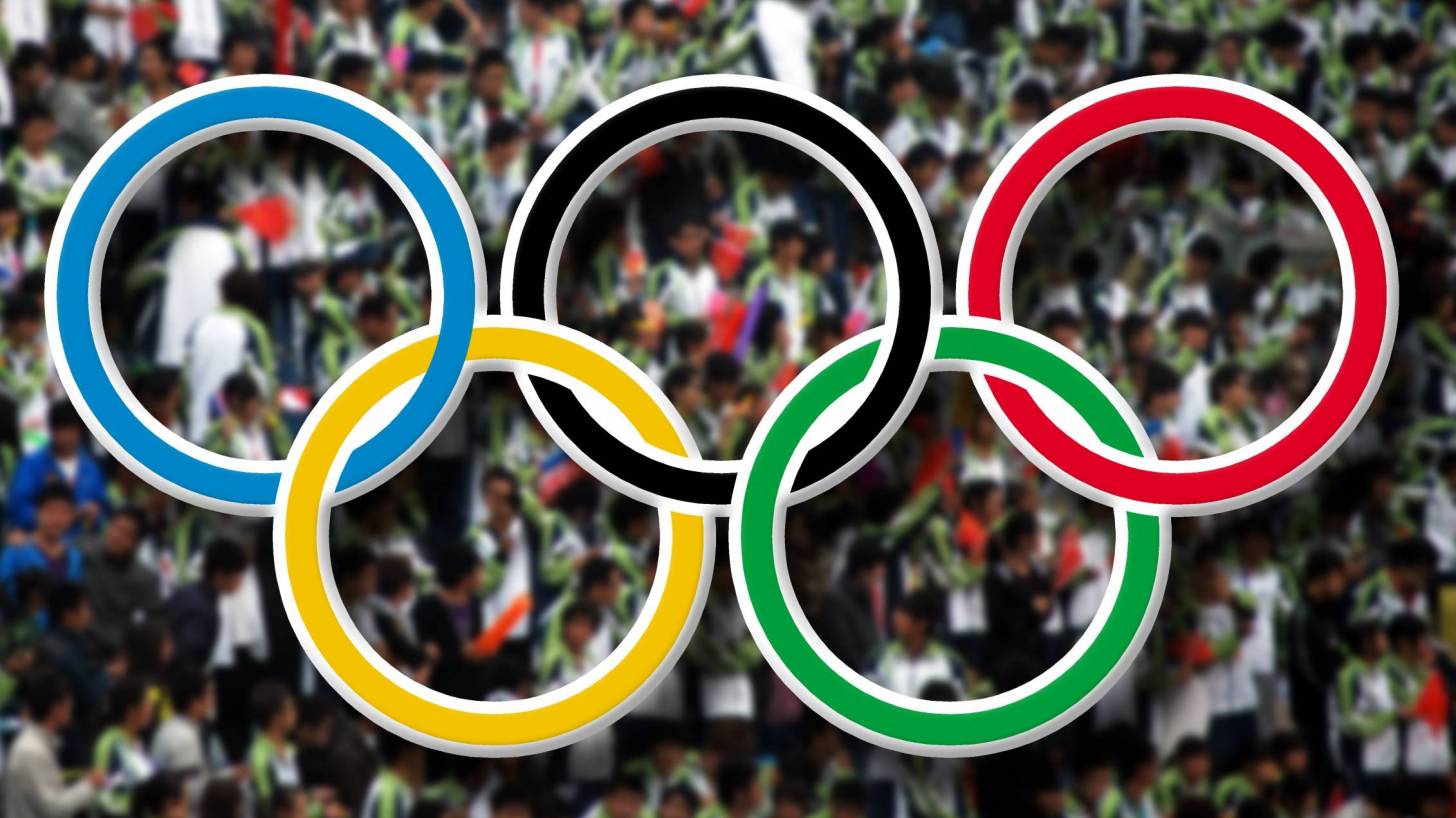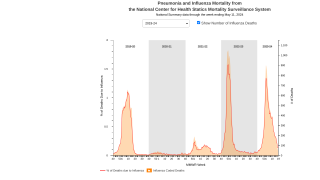South Korea Olympic Games Issues Health Advisory

The World Health Organization (WHO) and South Korean health officials issued health recommendations for the upcoming 2018 Winter Olympic and Paralympic Games.
These Winter Games will take place in and around PyeongChang, Korea from 9 to 25 February 2018, and from 9 to 18 March 2018, respectively.
In PyeongChang, 34 medical stations have been set up to provide primary health care and emergency medical transportation for visitors (16 at competition venues and 18 at other sites).
Additionally, visitors to the Republic of Korea should consult the Centers for Disease Control and Prevention (CDC) travel advice prior to departure.
Travellers are advised to consult their healthcare providers to ensure they are up to date with the recommended routine immunizations prior to departure.
Currently, the Korea Centers for Disease Control and Prevention (KCDC) is reporting an increase in seasonal influenza (influenza type B and A(H3N2)).
The country has also been experiencing outbreaks of highly pathogenic avian influenza A(H5N6) in birds and poultry. No human cases of A(H5N6) have been detected during these outbreaks and the risk of human infection is considered very low.
The WHO advises travelers to countries with known outbreaks of animal influenza to avoid farms, contact with animals, entering areas where animals may be slaughtered, or contact with any surfaces that appear to be contaminated with animal feces.
In addition, there is a small risk of the importation of other respiratory infections not normally seen in the Republic of Korea such as measles, diphtheria and human cases of avian influenza.
The risk of vector-borne diseases during the Olympic and Paralympic Winter Games is considered very low.
The risk of food- and waterborne outbreaks is, in general, increased during mass gatherings when large numbers of people eat from commercial outlets, many of which may have been set up temporarily.
One important pre-trip measure is getting the seasonal influenza vaccination. Other measures to prevent getting and transmitting influenza and many other respiratory illnesses include:
- Regular hand-washing with proper drying of the hands
- Good respiratory hygiene–covering coughs and sneezes with a medical mask, arm/elbow or tissue, and disposing of tissues correctly
- Early self-isolation if feeling unwell, feverish and experiencing other respiratory symptoms
- Avoiding close contact with sick people
- Avoiding touching one’s eyes, nose or mouth
If you or a family member are experiencing severe respiratory symptoms, such as a cough, shortness of breath or pneumonia, it is advisable to contact healthcare providers early and to report your travel history.
The Republic of Korea has a well-established food safety system. However, it is advisable that travelers take precautions to avoid illnesses caused by unsafe food and drink.
These precautions include ensuring hand hygiene through frequent handwashing or the use of hand sanitizer, especially before handling and consuming food. Travelers should be cautious about consuming uncooked food or food which has been kept at room temperature for several hours.
Drinking safe water is also important to stay healthy.
If available, bottled water is the safer choice for drinking-water but always check the seal to ensure it has not been tampered with. When the safety of drinking-water is doubtful, bring it to a vigorous boil.
If you or a family member are experiencing symptoms of an infectious disease (such as diarrhea, fever, rash, cough, vomiting, etc.) during the 2018 PyeongChang Olympic and Paralympic Winter Games, please call the KCDC Call Center on 1339.
Our Trust Standards: Medical Advisory Committee

























